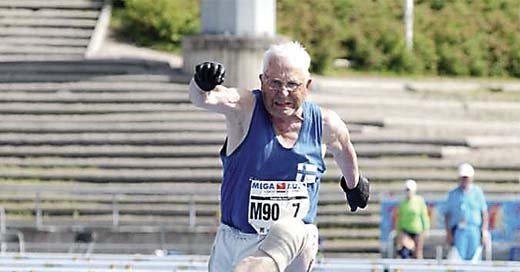Assisted Dying Question #5: Do you give up?
How the heck did we get to this point where suffering, terminally ill, dying patients have to say they're suffering so much it's literally 'unbearable', or they don't qualify?
There are 6 questions patients must answer “Yes” to, if they want help from a doctor to access assisted dying at the end of their terminal illness.
A few are straighforward: are you 18 or older, are you suffering from a terminal illness, have you had an irreversible decline in physical capability?
One question is harder: can you get a doctor to declare t…




